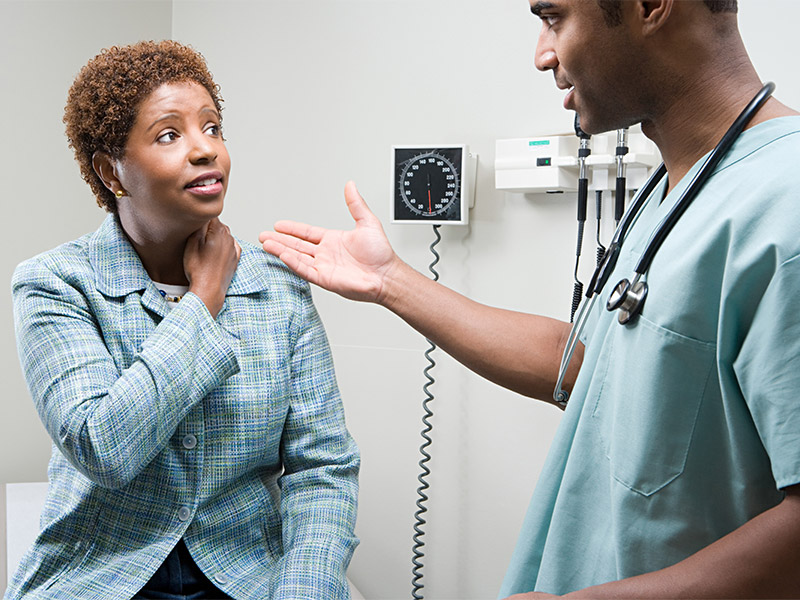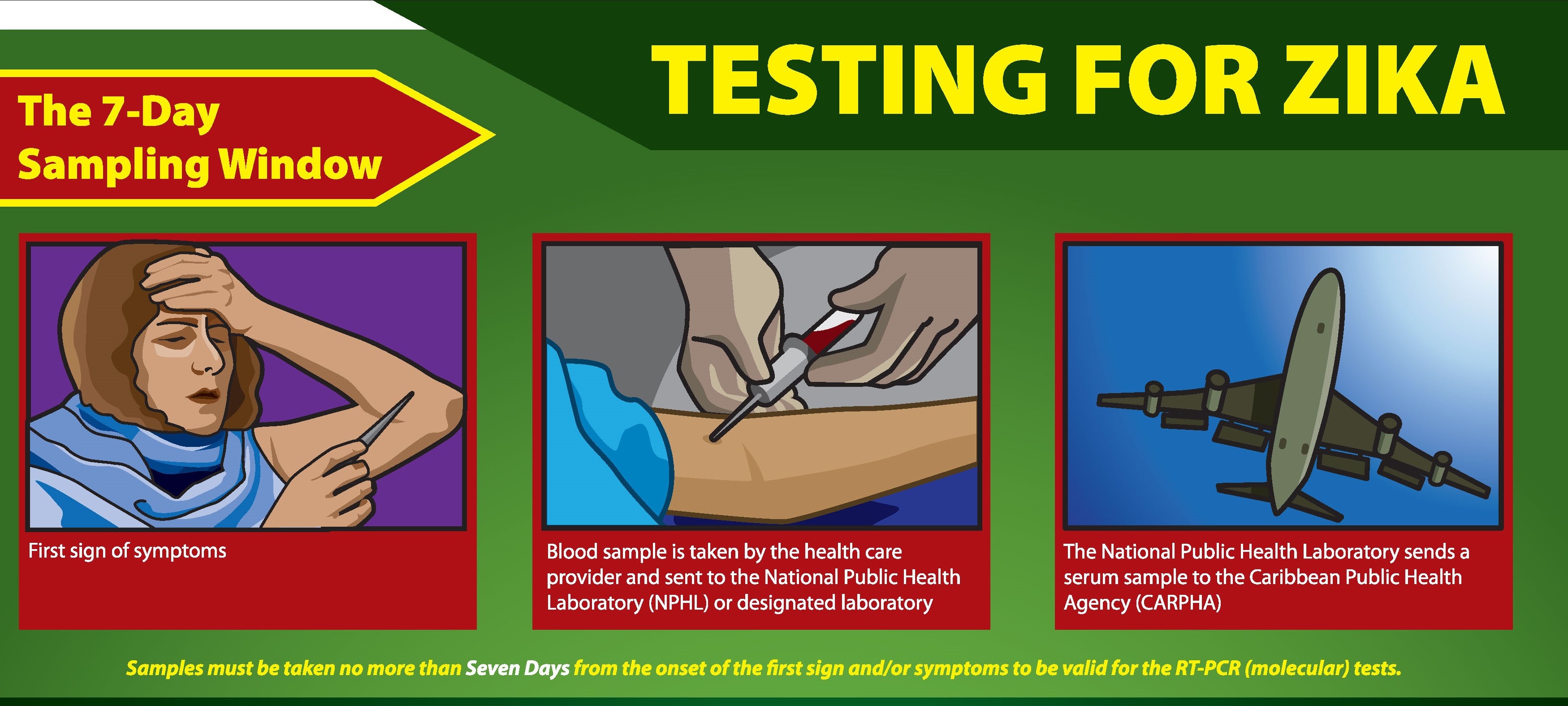Headquarters
16-18 Jamaica Blvd., Federation Park, Port of Spain, Trinidad & Tobago
Phone
+1-868: 299-0820; 299-0895; 622-4261
Email us
info@carpha.org
against the Caribbean's deadliest creature.
Follow us for tips on how to reduce the mosquito population
To stop the spread of mosquito-borne diseases, prevent them from breeding

Keep water drums, barrels and tanks tightly covered or sealed.
Cut or shred unused tyres so that they don’t accumulate water. If tyres are to be used as swings or for holding plants, drill holes to drain water.
Turn over, cover, or throw out containers that can collect water.
Once a week, empty and scrub vases.
Once a week, empty and scrub saucers.
Clean your guttering of leaves and debris so that water flows through freely.
Empty, scrub and store/put away kiddie pools when not in use. Ensure that pools are maintained regularly.
Avoid being bitten by mosquitoes. This will reduce your exposure to mosquito-borne diseases
including Dengue, Chikungunya and Zika.
The growing mosquito population threatens all of us

80% of people who contract Zika won't show any signs or symptoms.
Be safe. Use mosquito repellant as indicated and wear long sleeved shirts and long pants to avoid being bitten.
Signs and symptoms of Zika are: fever, rash, headache, joint pain, conjunctivitis (red eyes) and muscle pain.
Early detection and treatment lessen the possibility of complications.


Go to your prenatal check-ups. Talk to your doctor and adopt safe sexual practices.
Diseases can spread from one country to another by an infected traveller.
It only takes one infected person to be bitten by a mosquito to further spread the disease.

It only takes one infected person to be bitten by a mosquito to further spread the disease.
Consult your health care provider, if you are ill.
Testing is only done based on a person's clinical symptoms and/or in newly affected areas to confirm that the virus is present. Where local transmission has already been confirmed, there is no need for everyone to be tested. High risk persons, namely pregnant women, children under the age of 5 years, adults over 65 years, hospitalised patients and persons with co-morbidities (with chronic illnesses), will be tested.
One of the best methods of fighting against the spread of disease is to take personal responsibility; know whether you are infected and take appropriate measures to prevent the disease from progressing.
CARPHA does not accept samples directly from the public, nor does it draw a person's blood. Therefore, persons exhibiting symptoms of Zika such as fever, rash, red eyes, muscle pains and joint pains, should visit their health care provider. A blood sample is taken and the serum is sent to CARPHA. After testing, the result is sent to the health care provider of the person tested.
The Zika Testing Process
The 7-Day Sampling and Testing Window

against the Caribbean's deadliest creature.
Find out how you can protect yourself and your community from mosquito-borne diseases.
The Caribbean Public Health Agency (CARPHA) is the single regional public health agency for the Caribbean.
We provide strategic direction, in analysing, defining and responding to public health priorities of CARICOM.
Here's what we've been doing to combat Zika and other mosquito-borne diseases in the Caribbean: